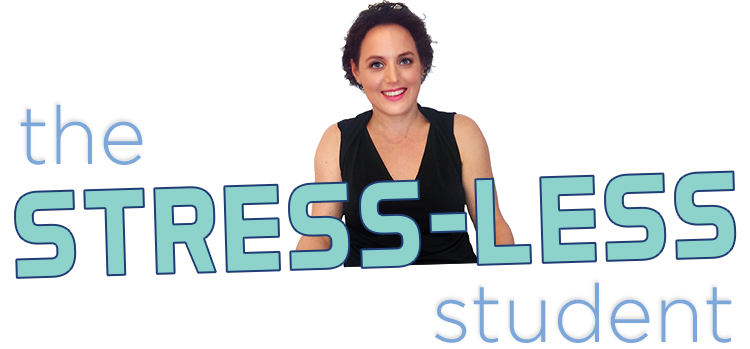It is also helpful to notice what happens to the body when we are experiencing relaxation and happiness. When we recognize that we have all sorts of emotions, we can start to recognize that an emotion/thought isn’t negative or positive, but simply is and that we experience all sorts of fleeting emotions throughout the hour, day, week, month, etc.
An advantage to the practice of this basic mindfulness practice is helping teenagers recognize that strong emotions are part of one’s life and not the exception. Also, in developing a practice of noticing emotions, we might be able to better notice our own patterns and let it have less power over us as we go through our day.
I’m not suggesting that we ignore our emotions (as a deeply feeling person I would never suggest this) but rather to watch the emotions and use it as a source of information gathering so that we can better understand ourselves and understand what we need so that we can have access to our higher functions to get through the day: respond to others’ appropriately, “pay attention” in class, and complete our homework in a timely fashion.
When we become more practiced at noticing, we can then start to ask ourselves questions that help us self-regulate. For example, if a teenager tunes out when it comes to an assignment or becomes aggravated it can be a good practice to stop and notice first, what’s happening in the body and then if appropriate ask the question, “What’activated me?” “Is it that I don’t understand the assignment?” “Am I afraid it’s too big?” “Did something happen socially today that is making it more difficult to focus?”
We are all at different stages in our ability to notice,reflect and regulate. If your teen (or if you are a teen and are) is a willing participant (a hard sell sometimes!), there are apps designed for mindfulness. If they or you are not there yet, simply either asking someone to name or naming when your teen apresenting a variety of emotions throughout the week may be a helpful start.
If there is a particular piece that is consistently causing distress (homework for example) it may be worth sitting down and having a conversation during a period of calm and giving them a set of questions (like the above) they might ask themselves when they start to feel activated.
This post was inspired by a podcast episode entitled Why Are American Teens so Unhappy? How Do We Solve this Crisis? It is definitely worth a listen!
Want more tips for self-regulation? Curious about coaching? Sign up for your Complimentary Destressify Sesson here.
Wishing you all a lovely week!
Warmly,
Sarah Weidman



Recent Comments